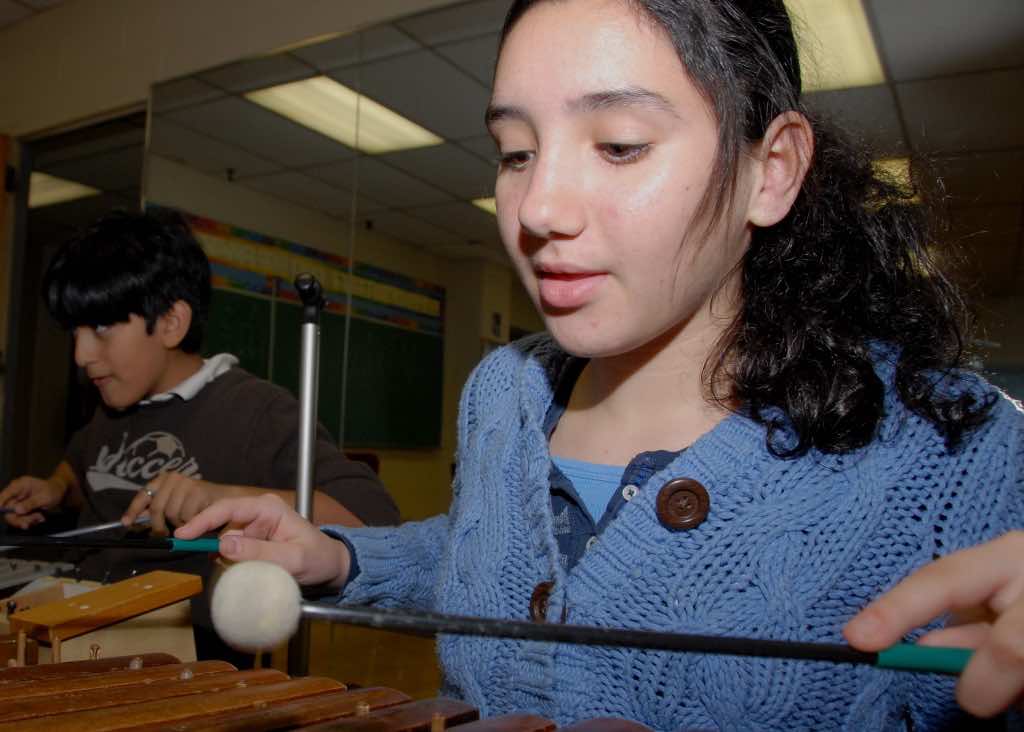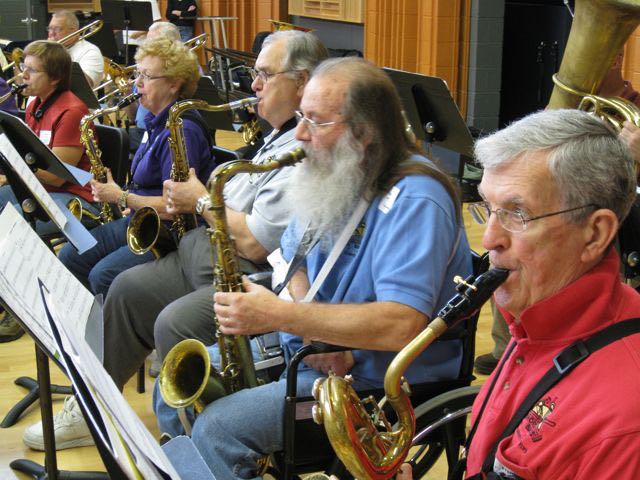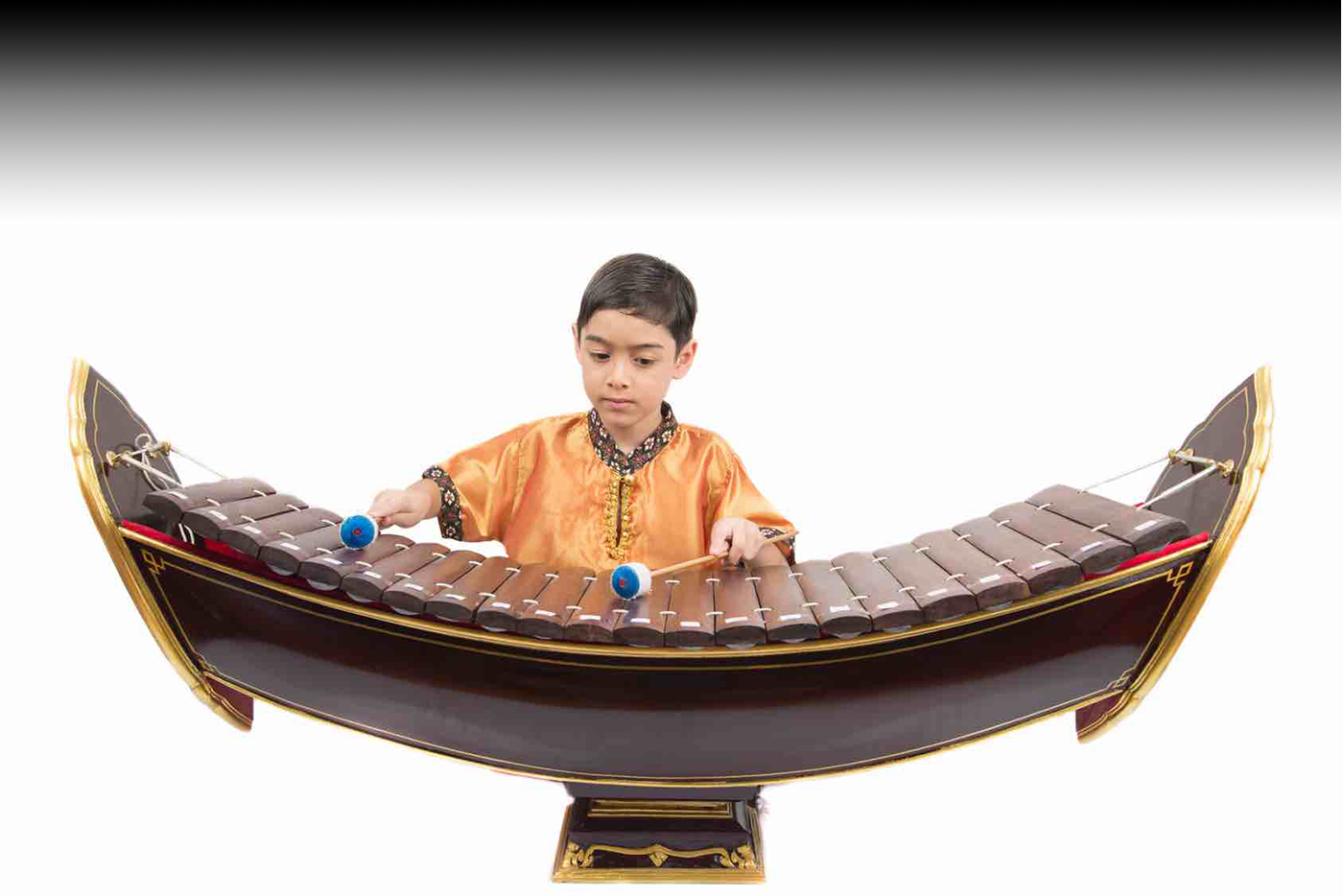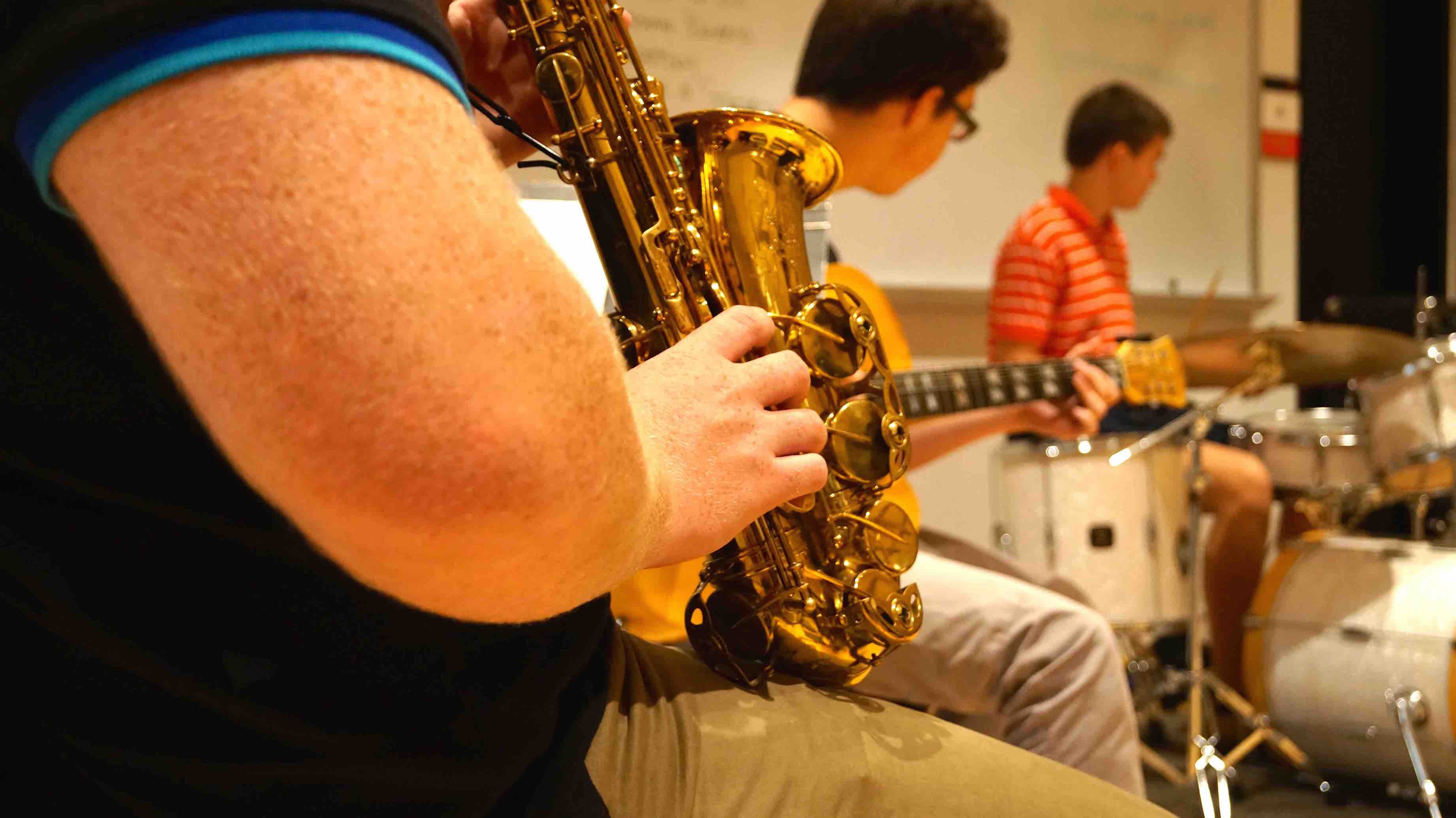A Lexicon for a Praxical Turn in Music Education
Posted onABSTRACT: For over 60 years, my research and in-school observations concerning action learning and music as social praxis have warranted the following terms, ideas, suggestions, and cautions. This lexicon briefly outlines the leading themes of my published articles and books. It represents a significant turning away from traditions and taken-for-granted assumptions; and toward the important implications for teachers in a praxical turn for music education. It is my hope that students and teachers will jointly examine these precepts (and their brief qualifications), and engage with pro and con essays, discussions, and experiments with the praxical suggestions described. Thoughtful consideration, I hope, will lead music educators from defending school music through advocacy to, instead, producing the substantially notable results characteristic of praxis that will mitigate the profession’s legitimation crisis. I believe that by stressing the main points of my praxical approach, these conclusions will promote change in teaching praxis.
Author: Thomas A. Regelski
Published 12/8/2023
Click here to read the article






